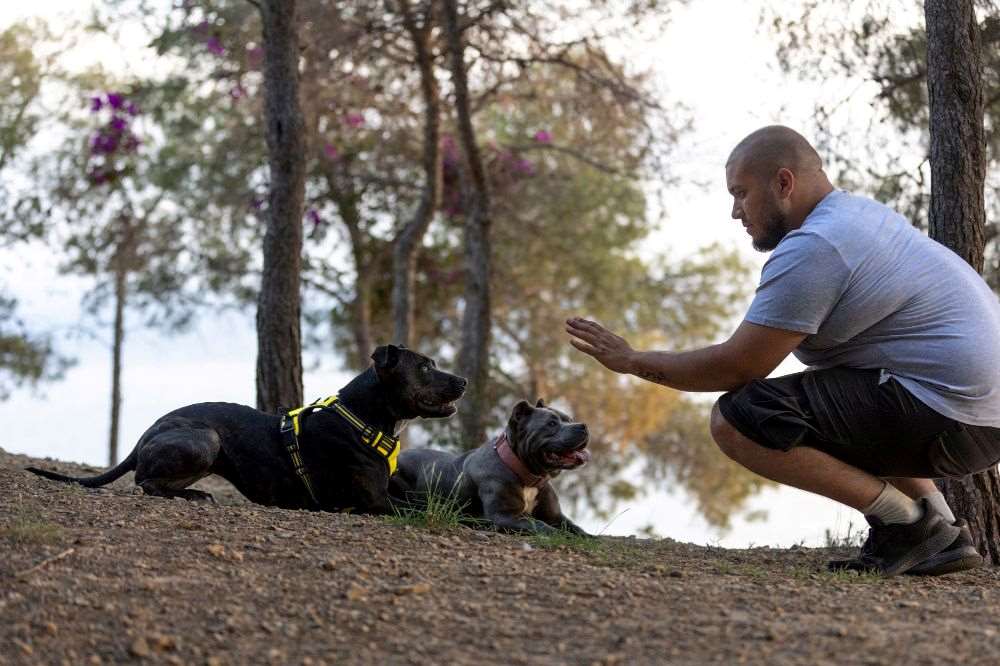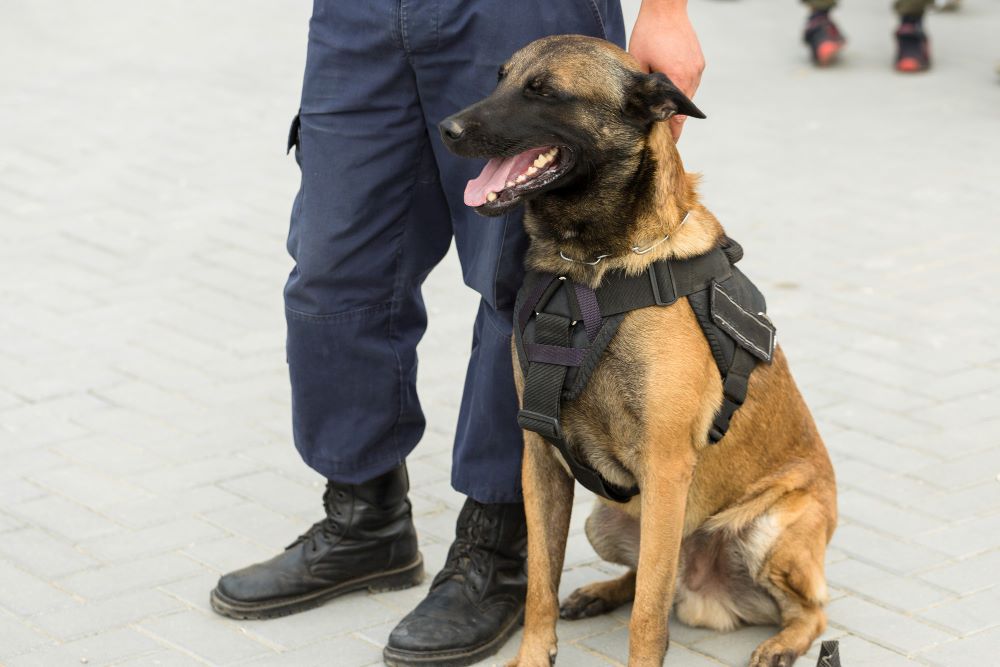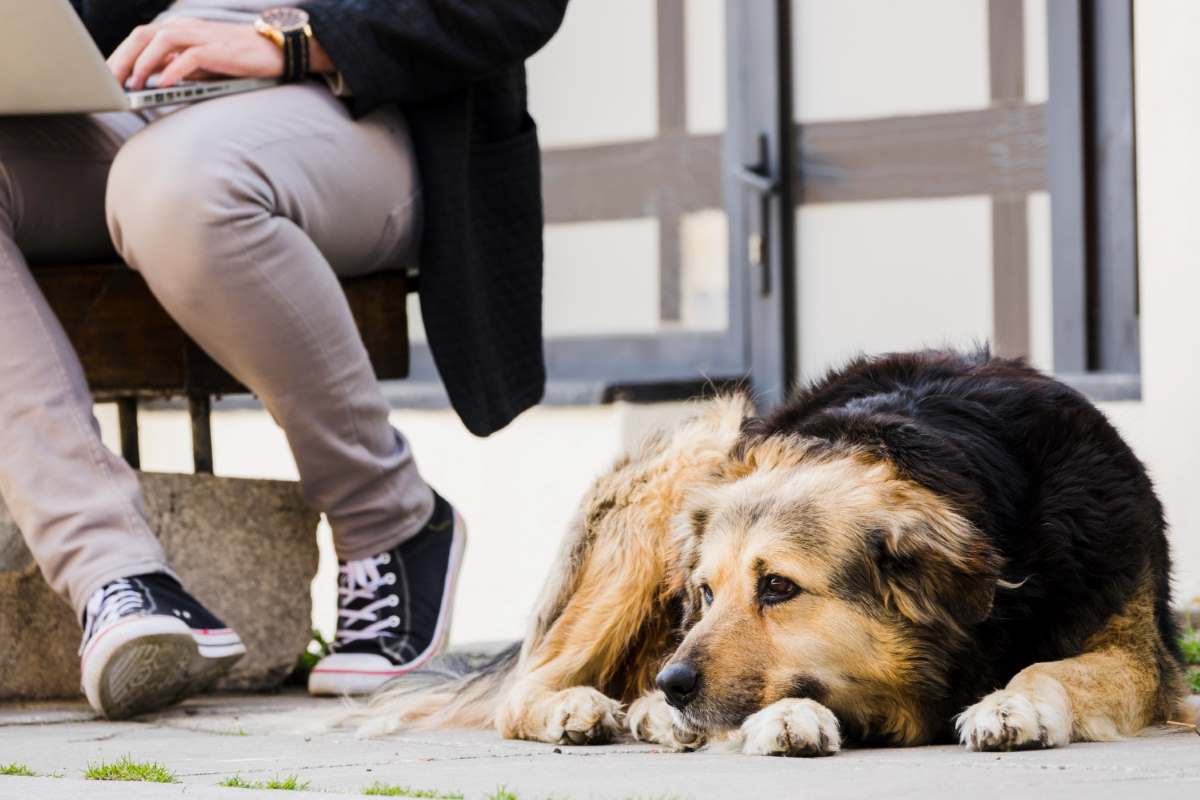Prosecutorial offices and courts across the world have started using service dogs and they are called facility dogs. These certified therapy dogs can help witnesses and victims get through a stressful process in court. A courthouse facility dog is mainly a trained therapy dog working in a certain courtroom to offer emotional services to crime victims.
Often child abuse victims are scared and intimidated when they have to testify about their experience. Thus, many courts are letting specially trained dogs accompany them. They also let other vulnerable individuals on the witness stand to ease the grueling process. At times, these dogs lie in the witness box quietly, providing a supportive presence that will help witnesses and victims calm themselves and enumerate the incident.
Supporters of this say that often cocker spaniels have made a significant difference in helping vulnerable victims to open up in the courtroom. However, many defense attorneys believe that having a sweet-looking and friendly cocker spaniel in the witness box might prejudice a jury against the defendant as it will make the witness appear more sympathetic.
What do Facility Service Cocker Spaniel Do in the Courthouse?
Having a courthouse facility dog sitting close to the crime victim in a court during a stressful trial can help a person manage their inevitable stress. Anecdotes from various legal teams and clients have shown that the presence of a facility cocker spaniel in difficult cases can help boost morale. They can also increase the sense of security of the victims and give them the courage to testify in the courtroom.
It has been seen that in crucial and stressful court cases, particularly involving violent and abusive crimes, when a facility service dog is present to support the victim, it can prove to be invaluable.
How Service Dogs Become Courthouse Facility Dogs?
The former prosecutor in Seattle’s King County, O’Neill-Stephens got the first trained facility dogs to the courtroom almost by accident about 15 years back.
Her oldest child was born with cerebral palsy. So, he had a service dog. Eventually, O’Neill Stephens began taking the dog to juvenile drug court to help out teens coming from dysfunctional families or suffering from some emotional problems. Then she started requesting dogs in the courtroom to help kids who are sexually abused and have to testify in court.
With the increase in the demand for service dogs, a formal program was introduced. In 2004, Ellie was the first professionally trained dog to work in the office of the prosecutor.

Like police dogs, courthouse facility service dogs live with their handlers. They undergo about two weeks of training. Cocker spaniels service dogs and other dogs are trained and certified not to be disruptive when they are in a public setting. Also, the handler has to learn how it can get to the dog to carry out a task as required.
Rules for Courtroom Facility Service Dogs
Generally, facility service cocker spaniels are working animals helping people in the legal system or other institutional settings. Sometimes they also get training just like the service dogs to help people with Autism.
According to the Disability Act of America, a disabled individual has the right to be accompanied by a service dog in a public place, such as a courtroom.
However, therapy facility service dogs receive less training and are often brought to nursing homes and hospitals. These dogs are used to provide support to witnesses and victims in the time of testimonies in a courtroom. Judges might allow a dog to accompany the witness but might place some limitations. However, some do not want the jury to come across the dog. Thus, he might ask the jurors to go out before the dog enters the room and lies down in the witness box. At times a shield is put up so that the jurors cannot see the dog.
However, some states maintain high training standards for the facility service cocker spaniels, before they are let inside the court. In case the handler lies about the service animal, he/she might end up in jail.
Service Dogs Benefit the Whole Judicial System
Studies have shown that dogs can reduce stress levels. In a courtroom smart dog breeds like Cocker Spaniel can help victims emotionally. This leads to better evidence that can benefit the entire system. So, whenever someone requires emotional support to tell their stories in a courtroom, they ask for permission from the court to use a facility dog.
In time to come, it can be expected that every witness in every court will have access to support dogs. Allowing a dog to be with the witness seems like a human thing to do.
Stories of Service Dogs Being Used in Courtrooms
A courthouse dog had been used for helping victims of child abuse in Mississippi in the 1990s. However, recently, the practice has become more prevalent in the country. At present, over 144 courthouse facility canines are working with three dozen states. Seven states, including Hawaii, Arkansas, Arizona, Oklahoma, and Illinois have some law that lets the courtroom canine help people take the stand as witness.
State laws vary from one country to the other when it comes to who can be helped by facility service cocker spaniel and under what situation. A few laws are only applicable to children, while others are applicable to vulnerable adults or criminals. But most specify that the cocker spaniels have to be graduates of certified assistance dog organizations.

Otter in Idaho, the C.L. of the Republican Government, signed a bill in March that lets facility cocker spaniels and other dogs stay with children when they take the witness stand in non-criminal and criminal cases involving neglect or child abuse unless the judge feels that it prejudice the constitutional rights of the defendant.
Idaho Republican State has acknowledged that it isn’t easy for a child to take the stand and testify against their family member. So, the state has allowed facility dogs to accompany child witnesses.
Ending Note
Although courthouse facility dog service is not universally recognized or allowed, the demand for these growing massively. Many positive case studies also suggest how they can really impact victims to tell their side of the story. Due to their success rate, the law enforcement community is recognizing their values and seeks their attendance in the courtroom.

Leave A Comment